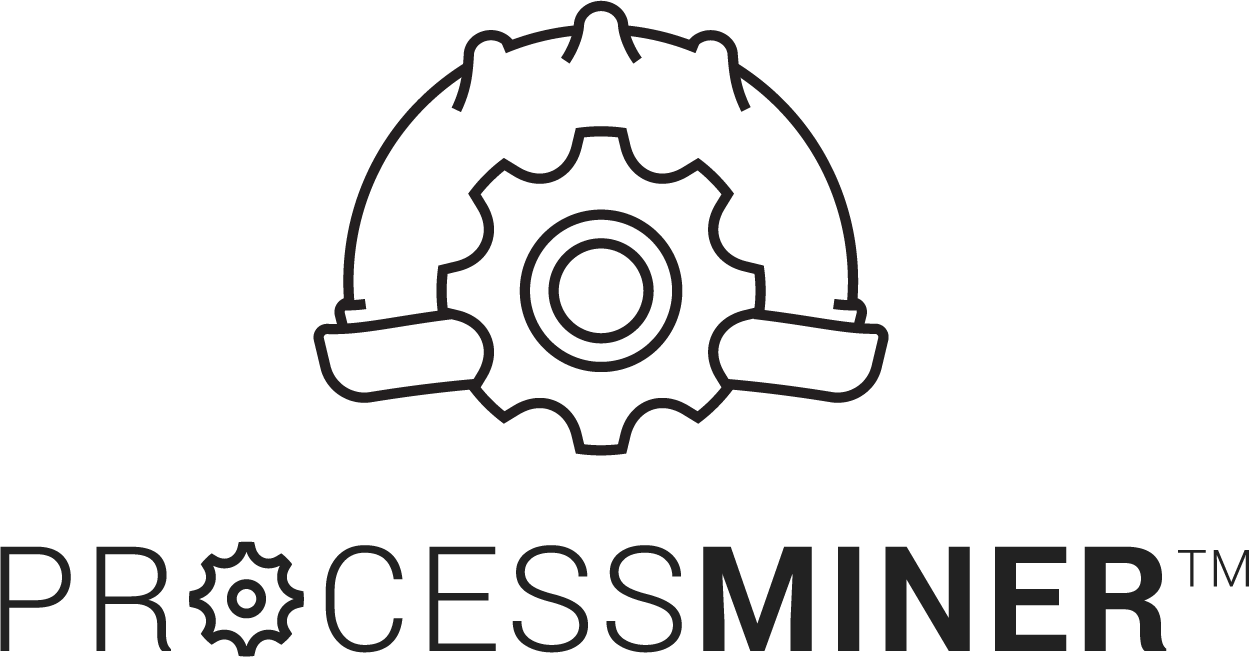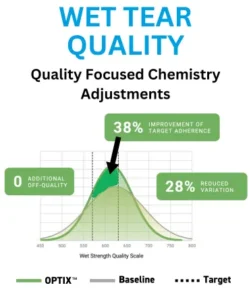Solenis OPTIX™ Applied Intelligence is our exclusive partner in modernizing the pulp and paper industry, leveraging cutting-edge AI-driven autonomous solutions to optimize processes, reduce waste, and achieve unprecedented operational efficiency.
Company
Board Mill
Challenge: Reactive Control Leads to Kymene Overdose
A board mill was interested in optimizing Kymene consumption while maintaining wet tear quality. The dynamically changing nature of paper manufacturing presented operators with a challenge for Kymene optimization. Additionally, delayed or erroneous quality tests caused mill operators to reactively control and, at times, overdose Kymene. Frequent turnover or inexperienced operators presented additional challenges for mill operations.
Solution: Getting Kymene Dosage Under Control With ProcessMiner
The board mill implemented Solenis OPTIX™ Applied Intelligence. The platform generates real-time, virtual measures of wet tears for pulp and paper manufacturers and incorporates an AI-driven control loop to optimize the associated chemistry program. Machine learning is also used to ensure the quality measure remains accurate.
Results: Achieving Immediate Cost Savings
Complete autonomous chemistry control: OPTIX continuously optimizes the control of wet strength chemistry for all wet tear grades. AI-autonomous control reduced dry-end test variation and improved target adherence at lower overall chemical spend.
Optimized chemistry dosage: Machine learning enables OPTIX to drive Kymene to the dose required to maintain wet strength quality, even during process changes. Mill operators no longer need to make knee-jerk reactions to quality tests, while management takes comfort in knowing OPTIX is administering the correct amount of Kymene for the process. By allowing the platform to make decisions about Kymene dosage, the mill optimized dosage and reduced lab variation for each grade.
Figure 1 highlights the variation reduction and mean shift OPTIX was able to drive. For the grade highlighted, OPTIX improved target adherence by 38% and reduced variation by over 28%. This improved control allowed for a 15% optimization in chemistry, as seen in Figure 2.
Focus on quality: Customized algorithms allow OPTIX autonomous control to drive quality to the target. Since its installation, the platform has improved or maintained wet strength target adherence while producing no additional rejects. Allowing OPTIX to reduce variation in chemistry systems yields benefits beyond chemistry optimization. The improved wet tear quality has reduced variation in dry tears and improved basis weight control. As variation reduces across the asset, system noise is eliminated, and overall machine efficiency improves.
Note: This case study highlights the strategic partnership between ProcessMiner and Solenis in pulp and paper continuous manufacturing as strategic partners. ProcessMiner’s AI-driven solutions also extend beyond the pulp and paper industry, offering optimization in various sectors.



